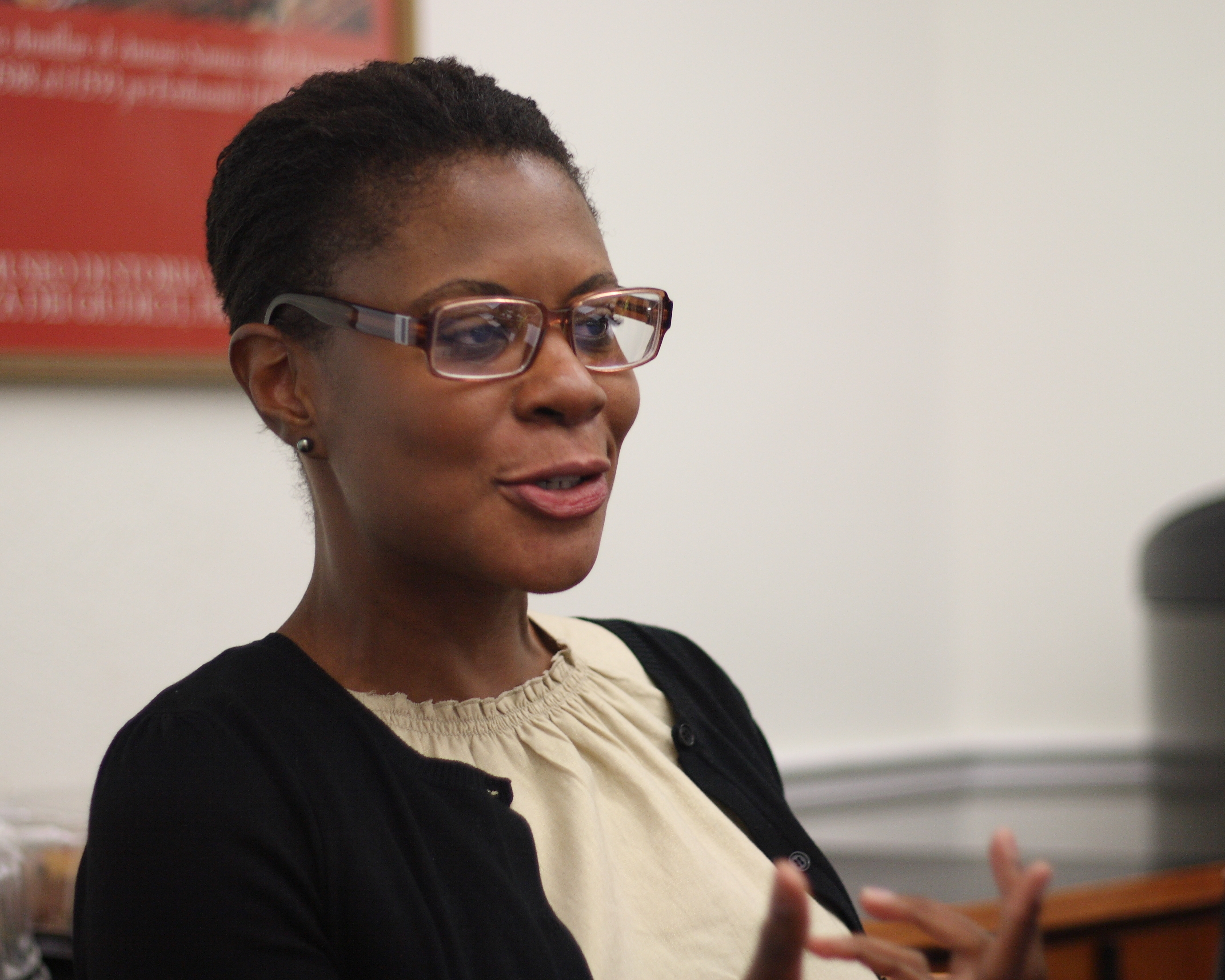Q&A with Alondra Nelson
By Misha Angrist,
Genome Magazine
| 03. 30. 2017
Why did you choose to examine African-Americans’ approach to genetic ancestry in The Social Life of DNA?
Given the Tuskegee syphilis experiment, given the history of eugenics, one of the curiosities for me was why in the world would African-Americans put their saliva in an envelope and expect that they’re going to get anything meaningful for their lives or their history [from a genetic ancestry] test? That became the puzzle of the book.
What did you learn?
That there were all sorts of complicated answers. The African-American genealogists I spoke with were not only suspicious, they were also curious — they were science geeks. I thought if they knew better, then they would do better. But what they said was, “Look, we know this history [of Tuskegee and eugenics] and we’re going into this with that history in mind, and we’ll take that into account as we negotiate and think about the results we get back.”
What does it mean for DNA to have a “social life?”
Initially, I thought I was talking about racial identity and ethnic identity. And...
Related Articles
By Josie Ensor, The Times | 12.09.2025
A fertility start-up that promises to screen embryos to give would-be parents their “best baby” has come under fire for a “misuse of science”.
Nucleus Genomics describes its mission as “IVF for genetic optimisation”, offering advanced embryo testing that allows...
By Hannah Devlin, The Guardian | 12.06.2025
Couples undergoing IVF in the UK are exploiting an apparent legal loophole to rank their embryos based on genetic predictions of IQ, height and health, the Guardian has learned.
The controversial screening technique, which scores embryos based on their DNA...
By Frankie Fattorini, Pharmaceutical Technology | 12.02.2025
Próspera, a charter city on Roatán island in Honduras, hosts two biotechs working to combat ageing through gene therapy, as the organisation behind the city advertises its “flexible” regulatory jurisdiction to attract more developers.
In 2021, Minicircle set up a...
By Vardit Ravitsky, The Hastings Center | 12.04.2025
Embryo testing is advancing fast—but how far is too far? How and where do we draw the line between preventing disease and selecting for “desirable” traits? What are the ethical implications for parents, children, clinicians, and society at large? These...




